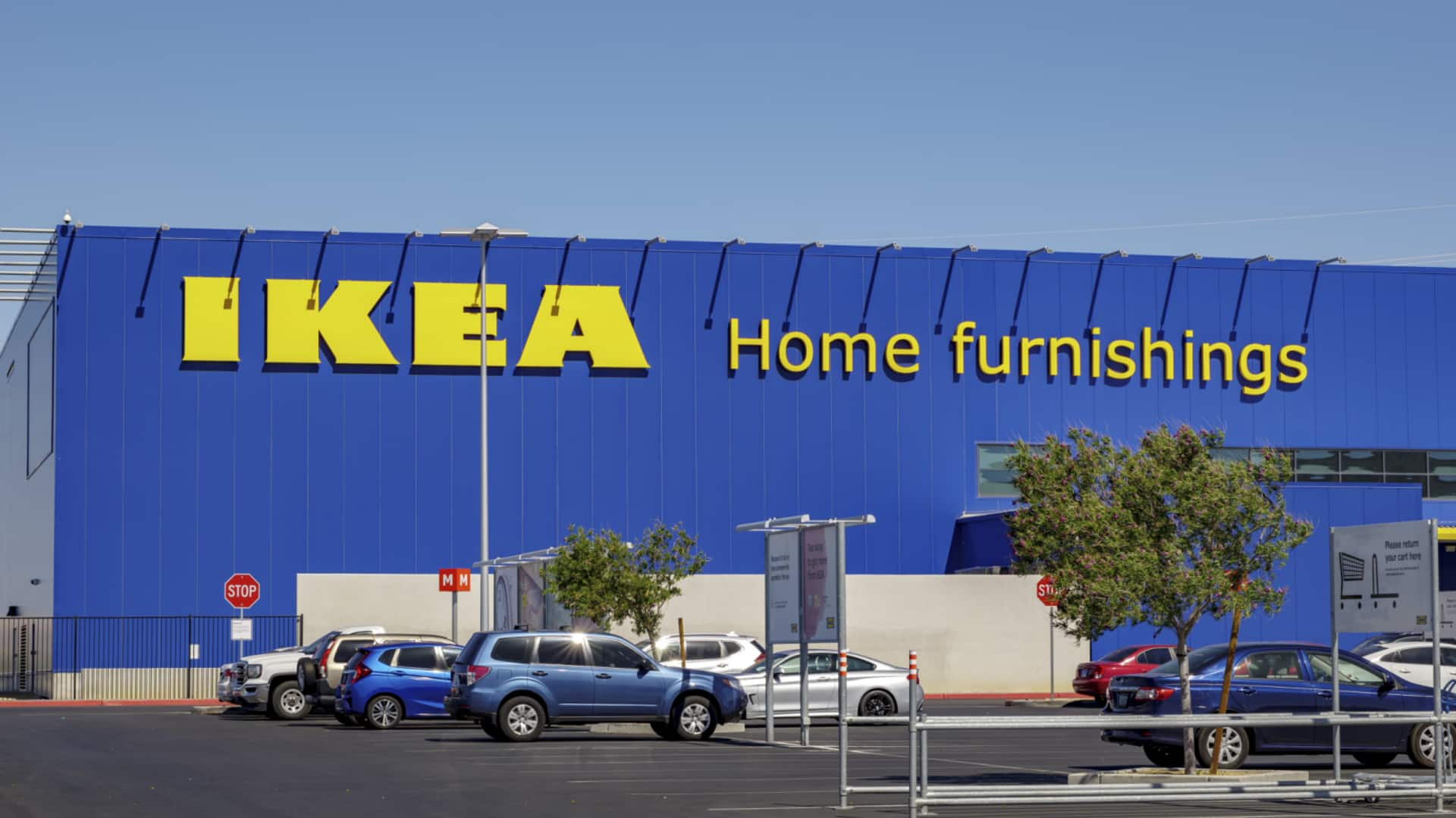
IKEA to pay €6 million to German prisoners: Here's why
What's the story
Global furniture retailer IKEA has pledged to donate €6 million (₹53 crore) to a government fund to compensate victims of forced labor during Germany's communist era. The move comes after it was revealed that political and criminal prisoners were forced to assemble flatpack furniture for IKEA during the Cold War. The news was first reported in Swedish and German media over a decade ago, prompting IKEA to launch an independent probe into the allegations.
Investigation findings
Involvement in forced labor
The investigation, carried out by Ernst & Young (EY), found that prisoners were making furniture for IKEA as recently as the 1970s and 1980s. The report also indicated that IKEA representatives were probably aware of the use of political prisoners to bolster labor. At the time, East Germany was under Soviet Union control and had created a repressive communist state called the German Democratic Republic (GDR).
Compensation pledge
Contribution to the hardship fund
IKEA Germany has promised to voluntarily pay €6 million into a new government fund established to compensate victims of the East German dictatorship. The commitment comes after years of negotiations between IKEA's German branch and the Union of Victims's Associations of Communist Dictatorship (UOGK). The payment is viewed as a major step toward recognizing and addressing past injustices.
Official statement
Regret and commitment to support victims
Walter Kadner, CEO and Chief Sustainability Officer at IKEA Germany, expressed deep regret over the company's involvement in forced prison labor. In a statement to CNN, he said, "We deeply regret that products for IKEA were also produced by political prisoners in the GDR." Kadner further added that since this revelation, IKEA has been committed to clarifying the situation and supporting those affected.
Industry response
IKEA's payment hailed as 'groundbreaking'
IKEA's payment is being hailed as a landmark move by organizations advocating for victims. Dieter Dombrowski, the chairman of UOGK, called it "groundbreaking." He hoped other companies that benefited from forced prison labor in communist Germany would follow IKEA's example. Evelyn Zupke, special representative for GDR victims in the German parliament, also commended IKEA's pledge to support the hardship fund.